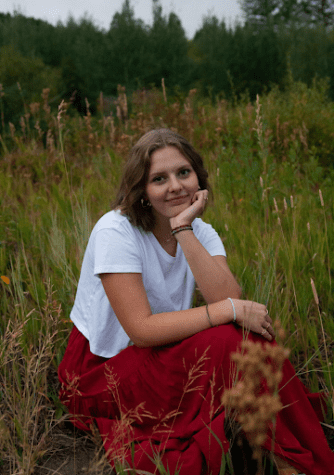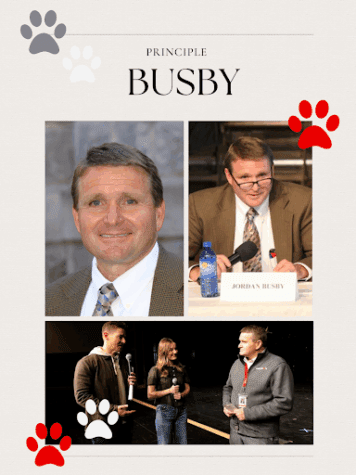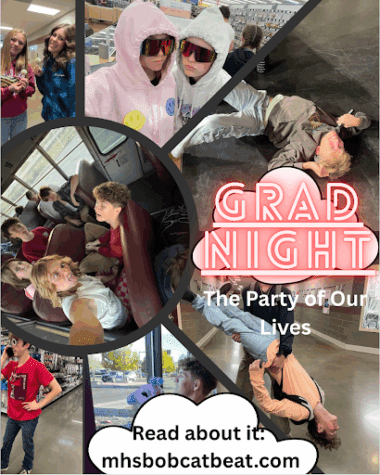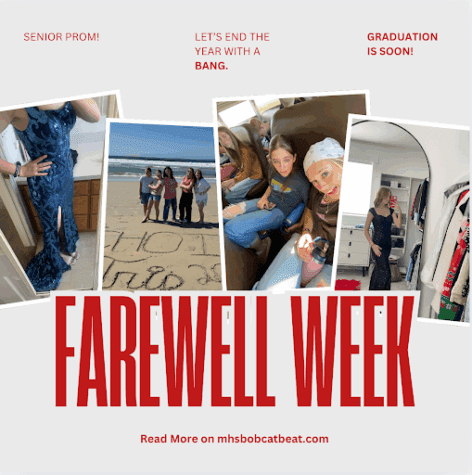MHS students participate in International Holocaust Remembrance Day
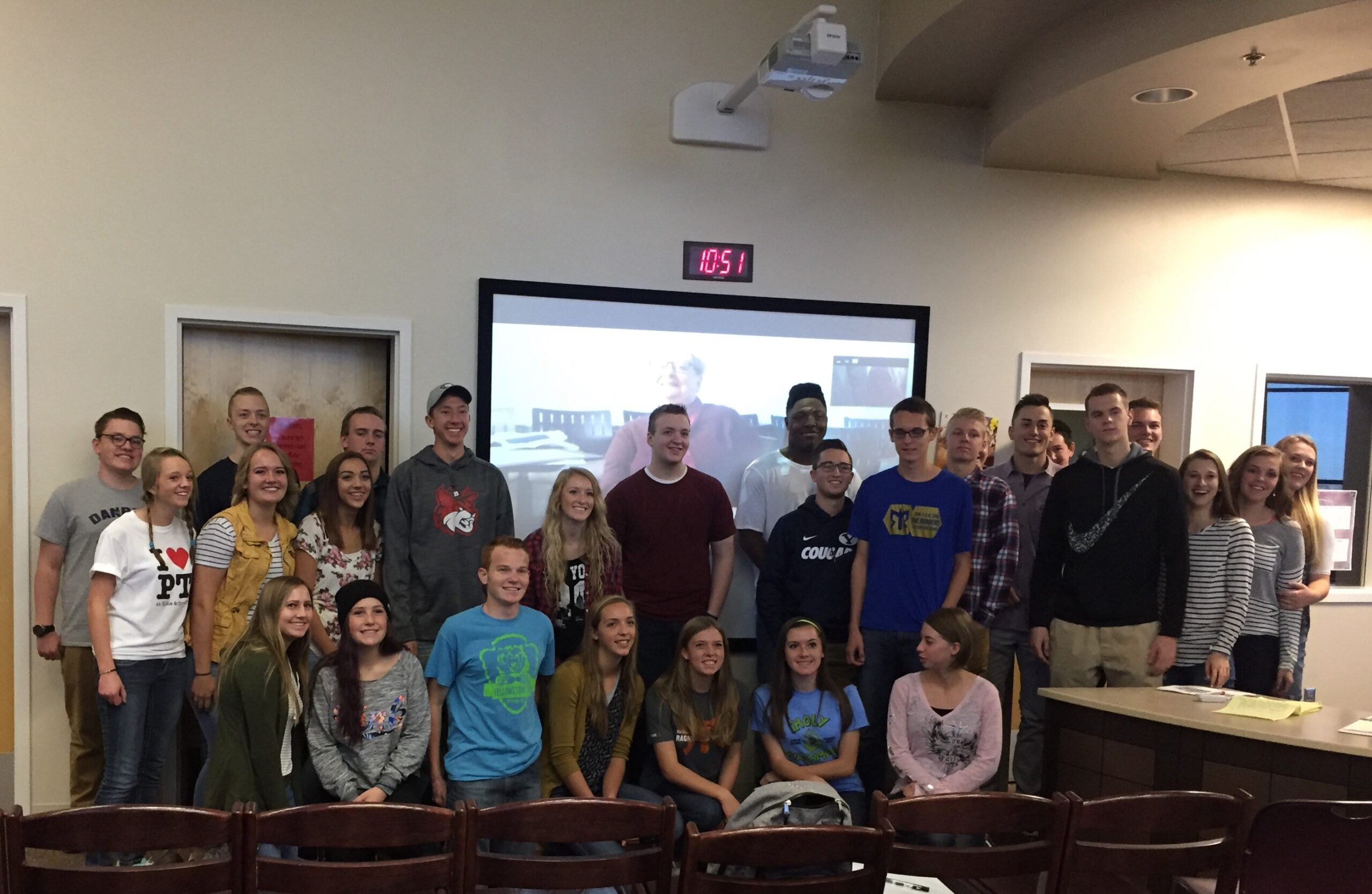
Jake Rammell and Katie Colvin's Holocaust Class 1st trimester face timing a Holocaust Survivor.
by Lyric Evans, Carson Meredith, and Foster Jensen
January 27th is the International Holocaust Remembrance Day. Even though many people don’t know of this Day, it is a great way to remember those that have lost their lives in this genocide.
“This is the day that the Soviet troops liberated Auschwitz so the international community has selected that day for Holocaust Remembrance Day,” teacher Mr. Reeser said.
This day is a great day to remember for many different reasons. It was a long harsh period of time, that many people had to endured. By having this day we don’t just think of six million people, but each person individually and their stories.
“I think that we should always remember it. It wasn’t our fault that it all happened, but we could’ve done a lot more. The least we could do is have a day to remember it,” Senior Jake Rammell said.
“Absolutely, I think that we need to remember the atrocities that happened because that is one of the ways we learn. Pre-Melevia, holocaust survivor, I think said it best he said ‘It happened so therefore it can happen again.’ The Holocaust affected neighboring countries that were supposedly enlightened, forcing them to join the nazi party,” Reeser said.
Madison High School offers a Holocaust Class to educate students about these terrible series of events that occurred and to remember that these things could still happen today.

“I took the Holocaust class first trimester and when Mr. Reeser was teaching us about it, he taught us a lot about human rights and our basic human rights and how the six million jews were brutally murdered and had their rights taken away and five million others as well.” Senior Katie Colvin said.
Reeser encourages all students to remember what happened in the past to protect our future. By learning and hearing the stories of those who experienced the Holocaust we can learn to avoid lessening of human rights.
“It’s a great opportunity I think also where we have such limited numbers of survivors left and those that are alive were young children then an are elderly today. It gives them the opportunity to tell their stories to the world. It’s one more opportunity if they choose to tell their stories. Because I think those stories are invaluable they help us understand the effects of these governmental policies were on individuals and how they affect the individual’s because i think the personal stories are what affect us the most rather than a history lesson about the holocaust happened with six million people.” Reeser said.



